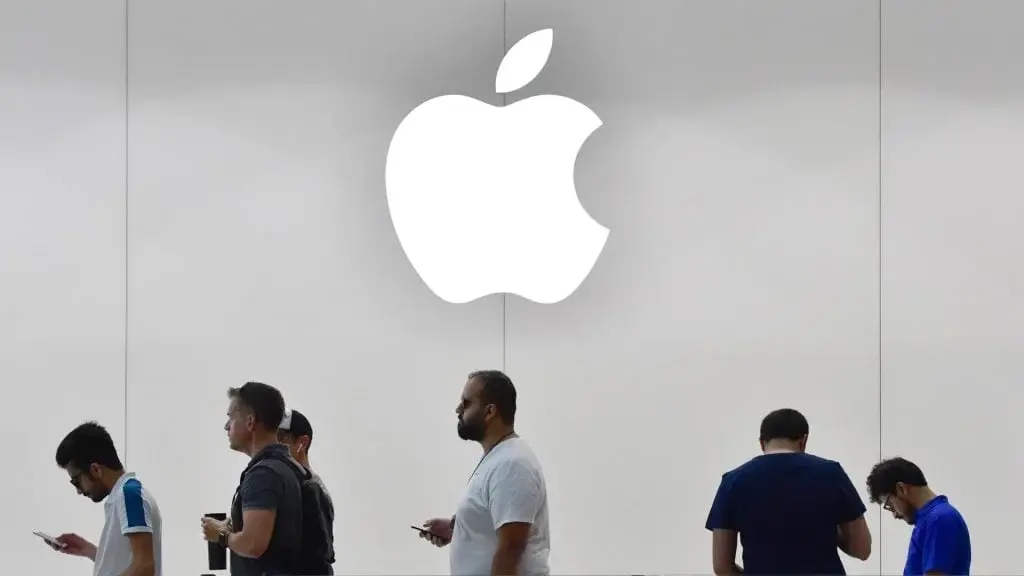Previously, the AI chatbot for Firefox was only available through Firefox Labs, but it is now being introduced to all users, albeit in stages. The latest version, Firefox 135, was launched yesterday and brings AI functionality to Windows, macOS, and Linux platforms. Users can now select from a variety of chatbots, including Claude, Gemini, HuggingChat, Le Chat Mistral, and ChatGPT. While it took Mozilla some time to make this feature available, users now have many options to choose from.
New Features in Firefox 135
Alongside the AI chatbot, Firefox 135 introduces an autofill feature for credit card information, improved language support for Firefox Translations—now supporting Simplified Chinese, Japanese, and Korean translations, with Russian added as a new target language. The update also enhances security with certificate transparency enforcement, which impacts only servers with certificates from authorities included in Mozilla’s Root CA Program. Additionally, Linux and macOS users now have the ability to close just the current tab using the Quit keyboard shortcut, even when multiple tabs are open.
Updates for Mobile Users
In contrast, Firefox for Android only gets some small bug fixes and quality improvements, along with automatic crash reporting. Users on iOS devices will enjoy a redesigned interface that enhances the pull-to-refresh function, alongside better performance and voice-over support. Navigation has also seen improvements, with minor adjustments such as updated icons and theming corrections.
Mozilla’s latest release, Firefox 135.0 for desktop, Android, and iOS, brings a range of new features and enhancements.
Source:
Link



